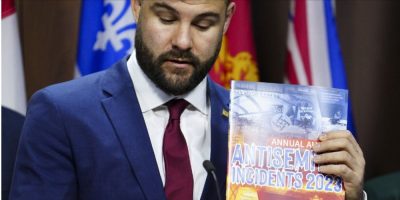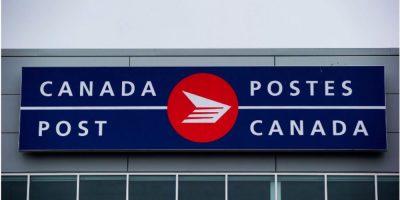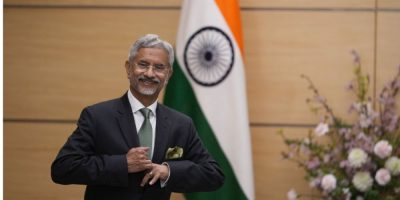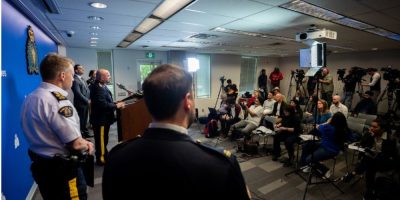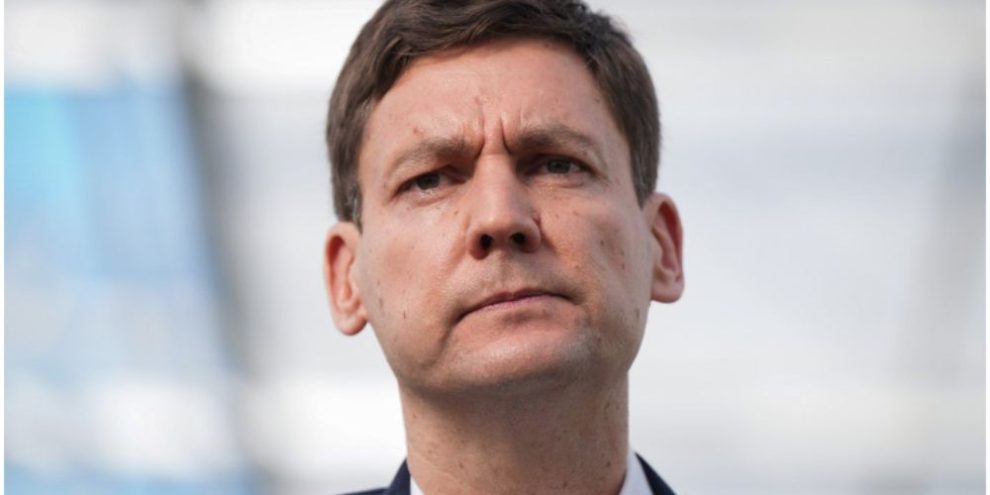
Updated April 26, 2024 @ 8:46pm
British Columbia is preparing to ban most public drug use, a change to parts of its decriminalization pilot project that the premier says should have been in place all along.
The province has made an "urgent" request to Health Canada to make amendments to B.C.'s exemption under the Controlled Drugs and Substances Act to give police the power to step in when they see illicit drug use in public spaces, including inside hospitals, on transit and in parks.
Premier David Eby said during a news conference Friday that police need tools to address extraordinary circumstances where people are compromising public safety through their drug use.
He said when decriminalization was first introduced, the focus was on removing the stigma and reducing the reluctance of people to reach out for help.
"Now, clearly, with the benefit of hindsight, police needed those authorities. And I think the goals of minimizing stigma, of encouraging and providing that opportunity for people to come forward with help, were important and critical goals that still inform our policy today," he said.
The decriminalization plan is a three-year pilot project and was enacted on Jan. 31, 2023, giving an exemption to those who are in possession of small amounts of opioids, including heroin and fentanyl, as well as cocaine, methamphetamine and MDMA, in quantities of 2.5 grams or less.
The government said the change would not recriminalize drug possession in private homes or places where someone is legally sheltering, along with overdose prevention sites and locations with drug-checking services.
The U-turn by the provincial government comes after repeated criticism from politicians, health workers and police about the policies, including open drug use in public spaces.
The province had tried to make drug use illegal in public places with its own legislation, however the group Harm Reduction Nurses Association challenged the bill in court.
Chief Justice Christopher Hinkson ruled in December that if the laws were enacted “irreparable harm will be caused.”
Eby said they've now asked for the changes to come from Health Canada.
"The resolution of that court issue is potentially more than a year down the road and we cannot afford to wait. We need to act now," Eby said.
"I have talked to the prime minister about this," he said. "He assures me that the federal government will provide full support to ensure that police have the tools that they need."
Eby said it's possible the government could face another legal challenge in response to these changes, but he thinks the risk is low.
"In order for it to be successful, the court would have to find that the entire Controlled Drugs and Substances Act at the federal level was unconstitutional," he said.
Eby said criminalizing drug use costs lives and taxpayer money while not making the public safer, but "police do need the tools to address extraordinary circumstances where people are compromising public safety through their drug use."
The changes would mean guidance will be given to police to "only arrest" people for simple possession in "exceptional circumstances."
Vancouver deputy police chief Fiona Wilson said at the announcement that decriminalization has to be part of a broader strategy to address the province's drug crisis.
"We've heard loud and clear from the front-line police officers who continue to see the unintended ramifications that unchecked public drug use has on the safety and well-being of neighbourhoods," she said.
"And the feedback has been unequivocal — public consumption is a significant issue that needs to be addressed, and major changes are required."
Vancouver Mayor Ken Sim said in a statement that he commends the government for taking the steps.
“Today’s changes will make public drug use effectively illegal and provide the VPD with actual tools to maintain public safety. This change aligns with the critical work we have already undertaken with the federal and provincial governments to address open drug use in public areas, especially around playgrounds, splash pads, beaches, and sports fields."
The premier said that the issue has admittedly been intensely politicized, and that's a reality as the province heads into an election
B.C. residents go to the polls Oct. 19.
BC United Opposition Leader Kevin Falcon and his critic for mental health and addiction Elenore Sturko issued a joint statement calling the government's move a "desperate attempt to salvage a failing policy."
"Instead of upholding their commitments to scrap the decriminalization pilot when it clearly wasn't meeting its goals, David Eby and the NDP have stubbornly persisted with this dangerous policy," the statement says.
"From its inception, the decriminalization experiment has failed to connect drug users with any necessary treatment or recovery services."
Banner image: B.C. Premier David Eby listens during an announcement in a greenhouse in Delta, B.C., on Monday, March 18, 2024. THE CANADIAN PRESS/Darryl Dyck
This report by The Canadian Press was first published April 26, 2024.
